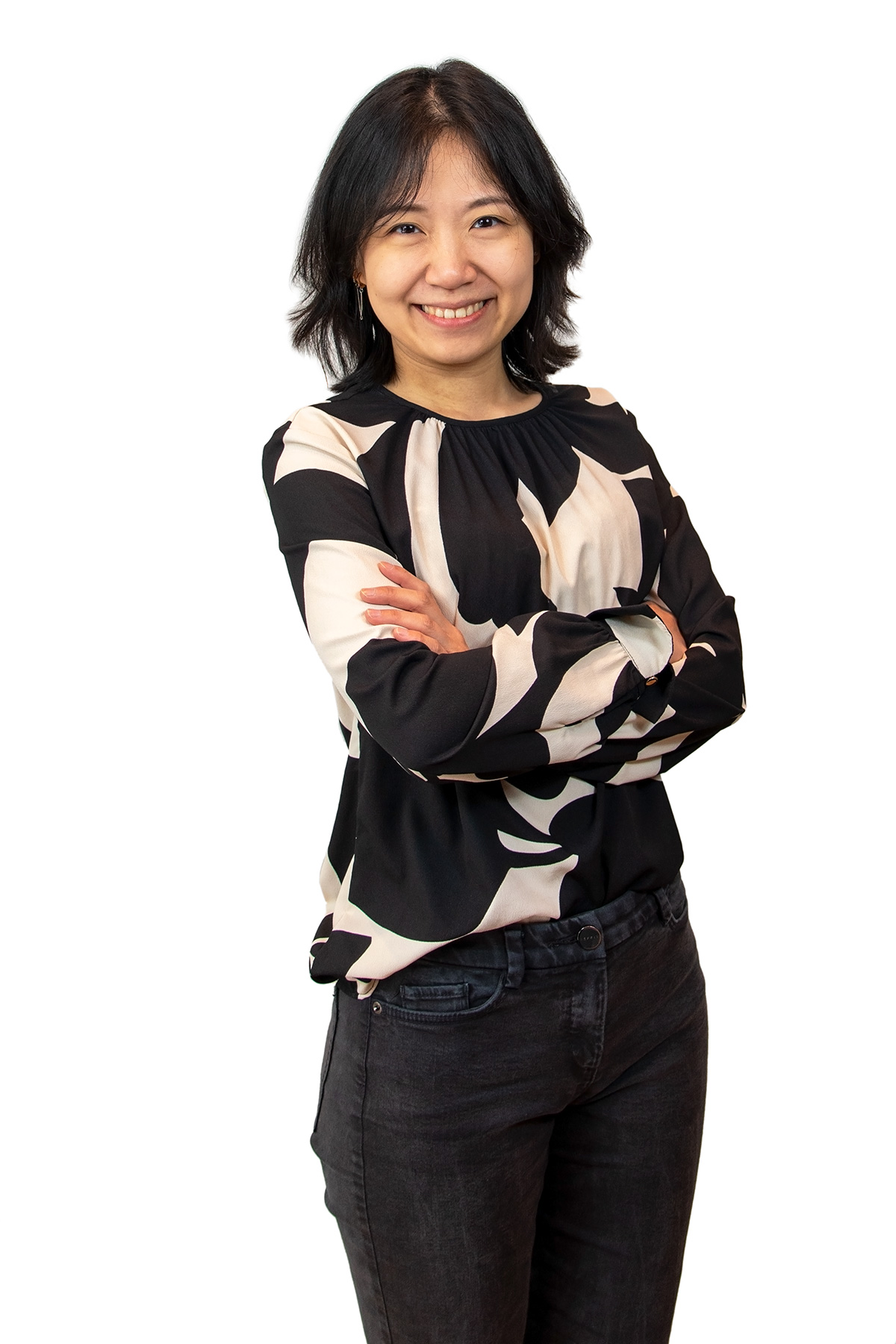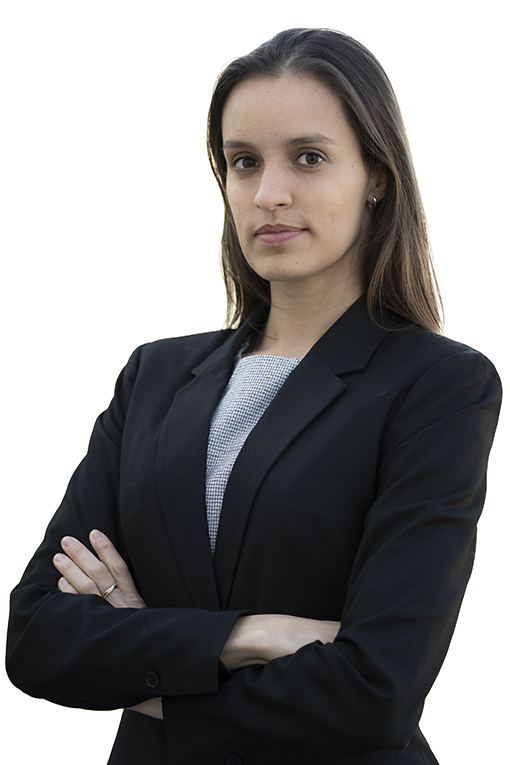The deepest mysteries of the neutrino and the true nature of dark matter. These are two research topics being explored by Nikhef physicists who are receiving ENW-M grants from NWO this week.
The ENW-M grants from NWO Domain Science and Technology offer researchers the opportunity to start or strengthen challenging new lines of research. A maximum of €400,000 is available for this purpose, to be spent on PhD positions for four years.
This week, it was announced that two Nikhef research proposals have been awarded grants.
The proposal by Mengqing Wu of Nikhef and Radboud University Nijmegen concerns the mass and nature of neutrinos. In addition, Flavia de Almeida Dias of Nikhef and University of Amsterdam and Susanne Westhoff of Nikhef and Radboud University will receive a joint grant for a new search for dark matter.
Majoranas

Wu wants to try to clarify this question through fast-timing experiments with the LHC accelerator at CERN and the ATLAS detector, to which she is connected via Nikhef. These experiments involve studying the traces of tau leptons. If the Majorana character of neutrinos can be demonstrated, this may also explain why the universe only contains matter and no antimatter.
The question of the possible Majorana character of neutrinos is also being investigated at Nikhef in the KM3NeT experiment, which observes cosmic neutrinos in the deep sea off Italy.
Dark atoms

De Almeida Dias and Westhoff believe that the candidates they are looking for resemble atoms in theory, which should leave special traces in the detector. The search for dark matter using particle accelerators is new for Nikhef, which has so far participated in the XENON experiment in Italy, which attempts to capture dark matter particles from space in an underground detector.